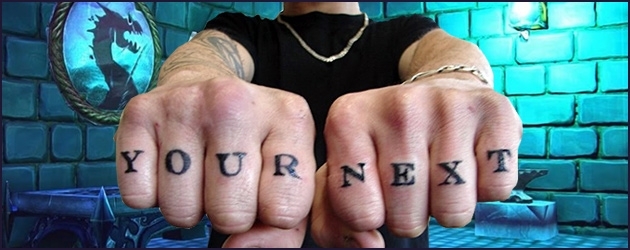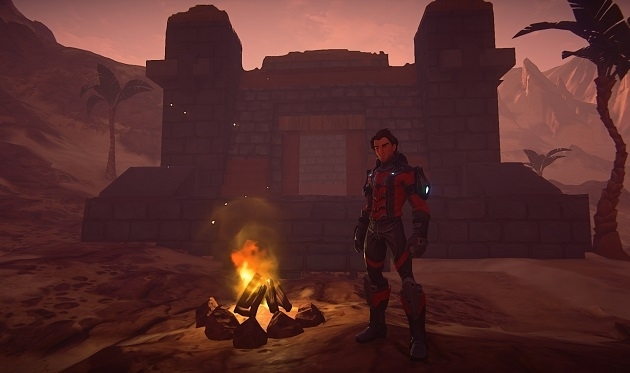
I know that I'm meant to be talking about EverQuest Next and Landmark, and we'll get to them shortly, but there are a couple more stops to go on the H1Z1 train before we get there. After an inaugural livestream plagued by tech issues, but showing potential, SOE President John Smedley headed once again to Reddit to float a new idea.
Many developers seem to enjoy the semi-structured feedback they can get from the Reddit boards, and Mr. Smedley seems to love it. He's a big ideas man, after all, and they don't come much bigger than this.
Since H1Z1 works with an MMO server architecture it will work a little differently to other games in the genre—with a huge persistent world holding thousands of players and no server resets, the game will operate more like an MMO and less like a large shooter map. This could end up being one of the major selling points for the game, but one drawback of the system is the lack of player run servers with their own rules and personalities.

This is where the big idea comes in. Mr. Smedley wants player communities to be able to define the theme and ruleset for their own server. With enough active support from the community we could see those PVE 'carebear' servers that are continually slammed on the DayZ subreddit, or stricter grouping and faction rules designed to let players know who is really friendly.
Now, I understand completely why players want these kinds of rulesets for the Apocalypse Survival genre, but I would bet my last tin of beans they would be a colossal failure.
Players want these kinds of servers because they're sick of KoS, they want to band together with other people to survive the harsh new world and community is what makes persistent online games great. Ultimately though, the fact is it is these hardships and obstacles that make the genre great. If you don't like it, maybe you just don't like the genre. If it wasn't for the intense paranoia and tales of what happens when two people met in the game, DayZ would never have got the recognition it has, and the genre may never have existed at all.
I could be totally wrong of course; as all gaming experiences are subjective I could be in the minority in thinking that DayZ on an empty server feels like eating dry toast when you aren't hungry, or that playing Minecraft on peaceful difficulty feels like spending a sunny afternoon making confetti with a hole punch.
















